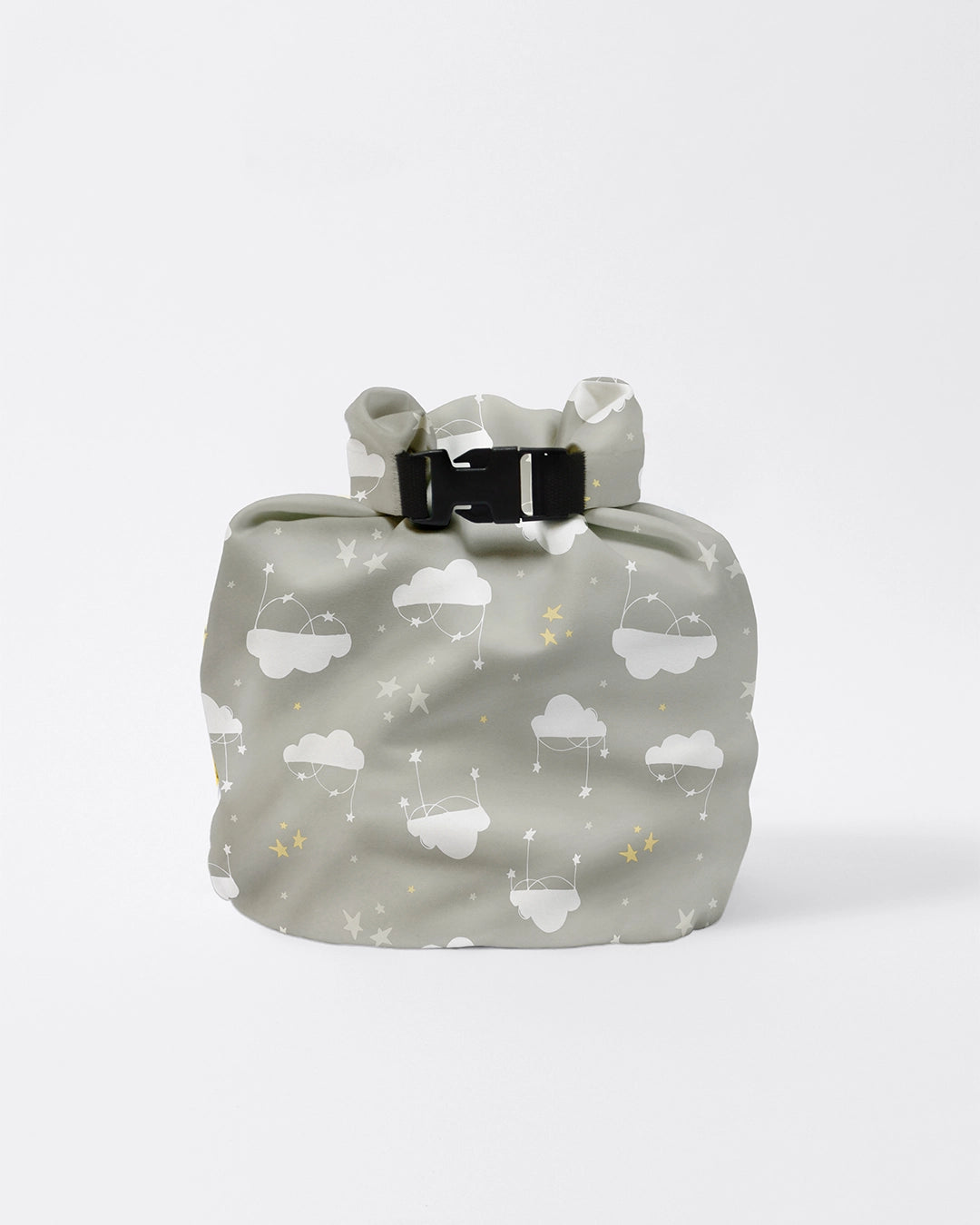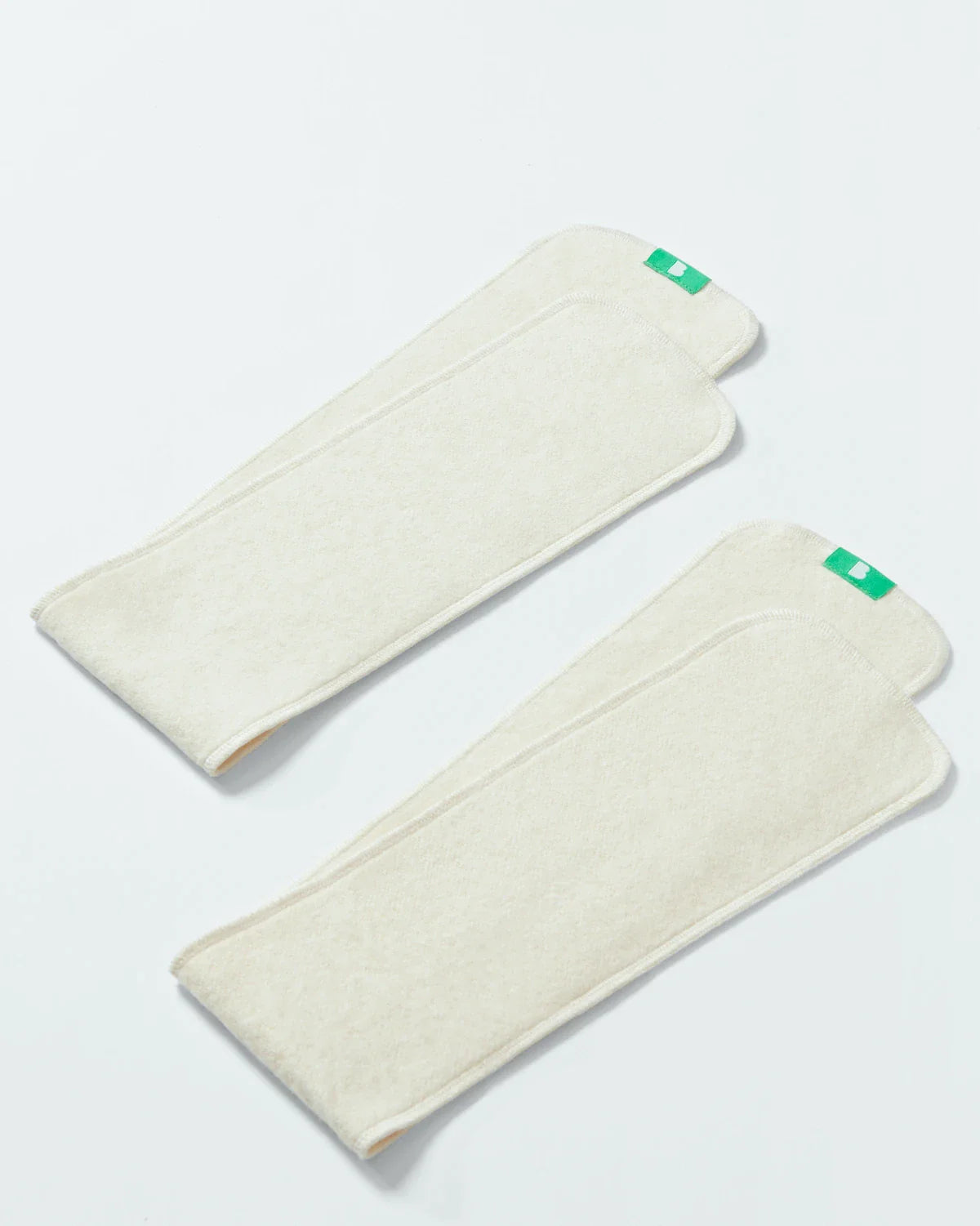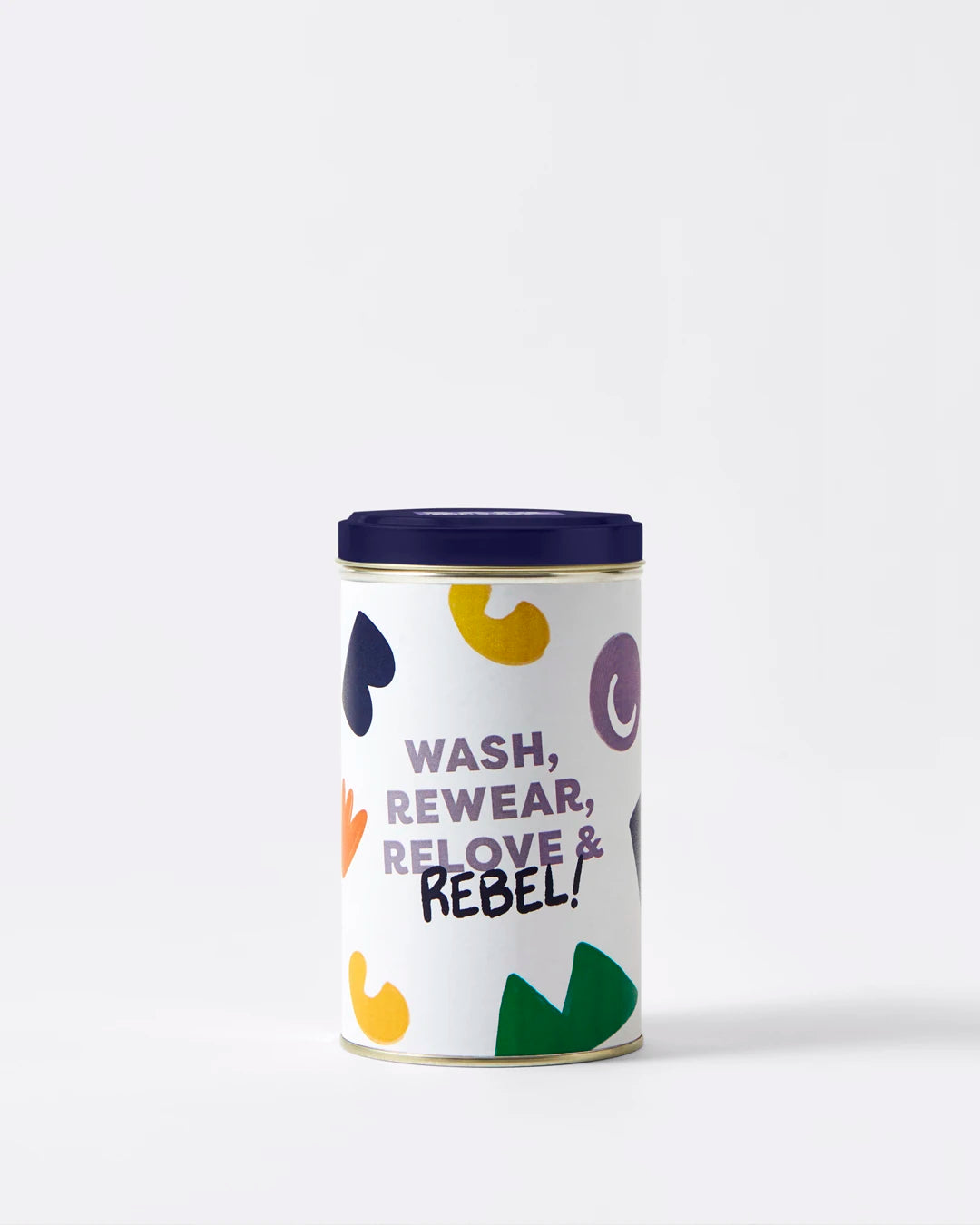The Benefits and Drawbacks of Breastfeeding
Share Options
- Bambino Mio
- 29 / 09 / 2023

For your attention: The nutritional information within this article is intended solely for general informational purposes. It is not to be considered as a replacement for tailored medical advice from a certified healthcare professional. It is imperative to consult with your paediatrician or a qualified medical expert before introducing new food items such as fish or nuts into your infant's dietary regimen, especially if there are pre-existing health concerns or a familial history of allergies.
Inside this Article:
Making the choice between breastfeeding and bottle feeding your baby can be a difficult decision for some parents. Many mums find breastfeeding easy and convenient while others find bottle feeding or mixed feeding works best for their family.
Your decision about breast or formula (or both) may well depend on your lifestyle, your preferences and your plans, if any, for returning to work. Making an informed choice is important, so we’ll take a quick look at the pros and cons of breastfeeding and of formula feeding to help you make your decision.
The pros of breastfeeding
Breastfeeding is (almost) free
Breast milk is, like the NHS, free at the point of delivery! It’s also ready and waiting for your baby when they’re born and doesn’t need any preparation or waiting around.
You might need to buy nursing bras and tops to wear while you’re breastfeeding your baby, as well as breast pumps and storage bags or bottles for your milk, but this is still cheaper than formula for a year.
Breastfeeding has health benefits for your baby and you
Breast milk gives your baby all the proteins, fluid, fats, vitamins and minerals they need to grow and thrive. It also gives them antibodies to combat infections and helps your baby to develop their immune and digestive systems.
There’s health benefits for you, too, as research suggests that breastfeeding can lower the risk of breast cancer and ovarian cancer.
The downsides of breastfeeding
Breastfeeding can be tough for some women
Breastfeeding is natural, but it doesn’t always come naturally as it involves a learning curve. It can also be quite painful to start with and some babies have problems with latching on. Breastfeeding can take time to get right and this can be a frustrating process for both baby and parents.
There’s also the risk of conditions like mastitis, which can be very painful and can make sufferers feel quite ill. There is a lot of help available, though, both online, over the phone and in person, so don’t feel that you have to struggle alone.
Breastfeeding can be time consuming
Especially in the early days, when your baby has a tiny stomach and you’re still getting the hang of breastfeeding.
While you’re breastfeeding, you also need to monitor your caffeine and alcohol consumption, as well as making sure that you’re not taking any medications which might pass through your milk.
It’s also possible for cows’ milk proteins to pass through into your milk, so if your baby has a CMP allergy - or any other allergy - you’ll need to exclude potential triggers from your diet.
The pros of formula feeding
Your partner or other loved ones can feed your baby
Bottle feeding means that other people can feed your baby, so your partner can do some of the night feeds and also spend some quality time bonding with your baby.
Bottle-fed babies often feed less frequently
Formula-fed babies tend to take in a little more milk each feed and seem to take longer to digest the formula, which means longer gaps between feeds. It’s also handy to be able to see how much milk your baby’s drinking each day.
You can have the occasional coffee
You can even treat yourself to a glass of wine now and again! You also don’t need to stop or change medication if you’re formula feeding your baby.
The downsides of formula feeding
Formula is often expensive
Tins or cartons of formula can be expensive, as can the equipment you’ll need to prepare and deliver it, such as sterilisers.
You also have to prepare formula, which can take time and can also be stressful if your baby is hungry.
Infant formula can cause digestive problems
Formula is harder to digest than breast milk and so can cause constipation or excess wind, which can be painful for your baby. Breast-fed babies can also have these problems, so it’s not exclusive to formula feeding.
Formula might not offer the same health benefits as breast milk
Infant formula gives your baby all the nutrients they need, but it might not give them the same amount of protection against infections and bugs as breast milk. You need to weigh this up against any difficulties you may have with breastfeeding, however, as the main thing is that your baby is well fed whichever route you choose.







































